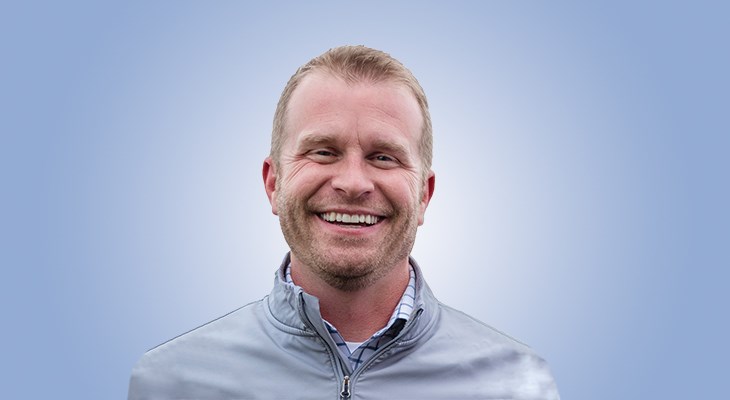Two years ago, Brian Krusz, co-founder and director of growth and development at Sgt. Clean Car Wash, brought on a financial partner, Prairie Capital, who he says has helped the decade-old, 12-location express exterior carwash throw gasoline on its fire.
Finding the right time to sell a stake in his business, however, wasn't easy. To make the determination, he had to take into account where the company started, what it had accomplished and the pains that it had to go through to get there.
"Our first location had 176 liens on the property," Krusz said at the Cleveland Smart Business Dealmakers Conference. "The businesses that I was in in the past were laundromats, beverage stores and car washes. These are all cash businesses. We weren't a bankable business. So, it was always difficult for us to go to the bank and explain how we wash cars, how we create revenue and how we employ good team members. For us, it became a point where we started thinking about that more and more often; how do we partner with somebody that can help us so we're not re-explaining every six months what a carwash does, how to market the carwash, and so on and so forth."
The company's vision was to maximize the good things that it did and replicate that at more locations. But it needed a way to do that quicker. It's then, he says, that selling became the idea that increasingly was discussed.
As the business grew, and the idea of selling became more of a reality, it required Krusz to grow, too — from what he calls a shopkeeper to a businessman. That change happed for Krusz as the business was expanding from four to five locations, and it was pivotal.
"At that particular point I addressed about 60,70 team members — and everybody was there," he says. "It was a very emotional time where I said, The buck does not stop at Brian. If we're going to grow as a company, I don't need to know every marketing thing. I don't need to know every IT solution, who all the team members are that show up at eight o'clock at one of the locations. And I think that was at a really good point because when it came to Prairie Capital, I already had made that decision. Going from majority to minority is a process. And I had already got my mindset in there because I gave the company to the team who we hired and said, You go do marketing, you run operations, you run finance, and I'm going get out of your way. And it was a little bit easier for me to do that."
Krusz says well before the deal, the company had made some acquisitions and had greenfields that it planned to build on, which gave them a nice pipeline. But one of the questions ahead of conversations with potential partners was, are they sellable? Answering that meant looking inside and out and addressing any issues so they could set themselves up for success. That way, when they got the phone call, they were ready to go.
"How can you explain what you do in a simplistic way? And is it replicable — can you just do this over and over and over again? And what does the business model look like?" Krusz says. "For us, we wash cars and let the people vacuum for free. And then we just look at the sustainability of that and can we replicate this. They saw that, we saw that, and they came with a lot of capital to get us there sooner rather than later. But I hate to have received that phone call and then our house wasn't in order."




